Newly-hired esports head coach provides experience, vision for beginning of program
David Willis, SEU’s first esports coach, sits in the new gaming arena which includes professional gaming equipment.
At the beginning of this year, St. Edward’s University welcomed its newest addition to the Hilltoppers varsity athletics program: esports. Under the guidance of the Athletics Department, the Office of Information Technology, and the Recreation & Wellness Center, all aspiring players will be welcomed into a collegiate environment that highlights competition and camaraderie.
While gaming has been popular amongst small groups on campus for a few years, it was not until recently that the university decided to include it as part of the official varsity sports curriculum. To affirm this establishment, SEU has brought coach David Willis on board to train student-athletes of all levels of experience.
Willis was previously both a student and a gaming coach for the Longhorns as well as a captain of the Longhorn Gaming League of Legends, consistently placing within the top 300 players in North America. This year, he has transferred back to the city that was a source of his many experiences to kickstart the university-sponsored varsity and club programs.
“I’m excited to be here. The hilltop is a great place. I love Austin as a city. I went to school here and I’m glad to be back doing full-time Esports work,” Willis said. “I know this is a totally new industry for St. Edward’s, for universities in general. So, I’m glad that I get to be here right at the start and hopefully do things right.”
Having started the club on campus around the spring of 2017, co-presidents Kyle Flett and Alexander Mahon are eager to make use of another significant addition to the program: the Arena. With comfortable gaming chairs and some of the most sophisticated technology, the program itself is developing rapidly due to the increase in both participants and instruments for success. What started with 20 students in a recreational setting has resulted in over 60 potential student-athletes joining the program.
“This room has already had a huge impact on recruiting,” Mahon said. “We’re getting more each day. I’m sure once this is open and students start playing and talking about it, we’ll get even more.”
While there has been support from the university, the establishment of this program has also raised some eyebrows. There have been misgivings in regards to its inclusion in the athletics department with questions about how this will conform to the standards of traditional sports. Coach Willis, however, acknowledged some of the misconceptions surrounding esports, shedding light on his goals for the first year and his hopes for student take-aways.
“Traditional sports, when you’re playing and practicing, you’re doing that in person. You’re on the same field, you’re using the same locker room, your team is always together. That’s something that’s pretty easy to not have in esports. You’re playing on your own computer, you’re not necessarily meeting your teammates. … I’m gonna emphasize getting the players in person, with the use of this arena, with some social outings, basically getting the players together and getting that part of the traditional sports experience,” said Coach Willis.
In response to the curiosity following the esports curriculum, Flett mentioned another notable difference between esports and traditional sports that is often overlooked.
“It’s different from a traditional sport in that there’s not one team … We have multiple teams and you’re on a specific game or team. So some examples of different games are like Overwatch, League of Legends, Rocket League, Fortnite … We’re looking to add more teams and looking for more people to add to our current rosters,” said Flett.
Bringing the esports program to life is an opportunity for all students on campus to further their capabilities and contend within challenging settings, which includes cooperating with other players as well as making substantial individual contributions in spite of any pressure. With regards to the roster, the recruiters are looking for more than prospective student-athletes with skill and accomplished ranking – passion and willingness to play and learn are equally as impactful.
“Successful gaming is not only mechanical and skill-based … but also the mental attitude that comes with being a team player. Knowing not only how to win, but how to lose and how to learn,” Willis said. “I wanna make sure that this program includes strong students. The phrase is ‘student-athlete.’ It’s not ‘athlete-student.’ We wanna make sure that the students who are going to be recruited are going to be ready for the St. Edward’s experience as well.”
Inclusivity and camaraderie are also priorities for the team because having any division between the teams could reduce efficiency and cooperation. Forming strong teams is a focal point to maximize the unity of the squads and to form a strong strategy.
“It’s probably one of the most important aspects,” Manone said. “If a team doesn’t bond and doesn’t communicate well, they’re not going to succeed at all. These games often times include high-stress situations where communication is very important. If they lose communication through that, they’re not going to do well at all.”
Bringing students from the familiar spaces of their rooms to the Arena pushes them to learn more about themselves both on and off the screen. In the same way there are students who are being introduced to the competitive gaming industry, there are other students who have been pursuing competitive gaming for years and will be given the chance to explore and share their attributes alongside teammates.
“I think, for a lot of people, it’s like a motivator. Normally, you’d just play games for fun. Like you’re just getting better for yourself. But then with the team, it kind of adds another dimension. You wanna be able to contribute to the team dynamic and bring what you have to the table – the best you can. It’s not just for yourself anymore,” said Flett.
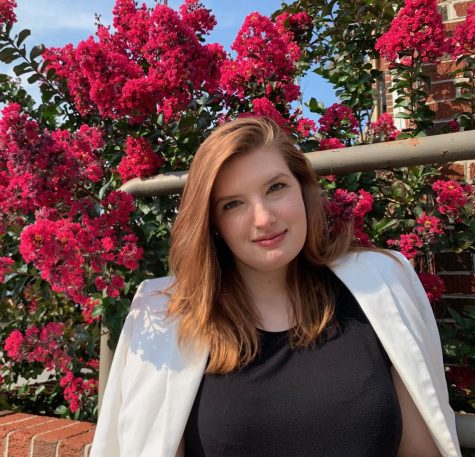
Audrey is a senior writing and rhetoric major with a concentration in creative writing and a minor in journalism. She started writing for Hilltop Views...


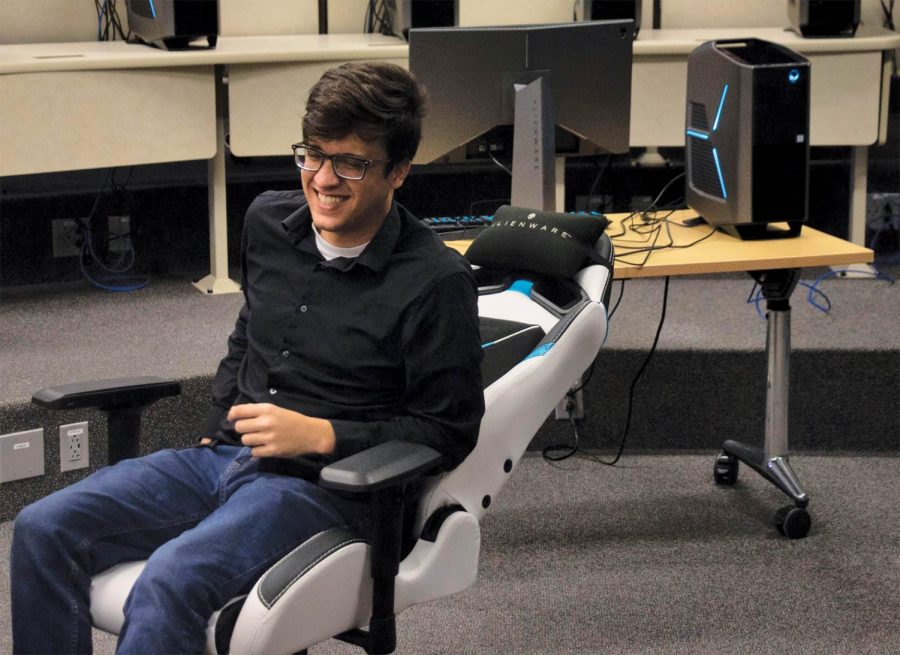
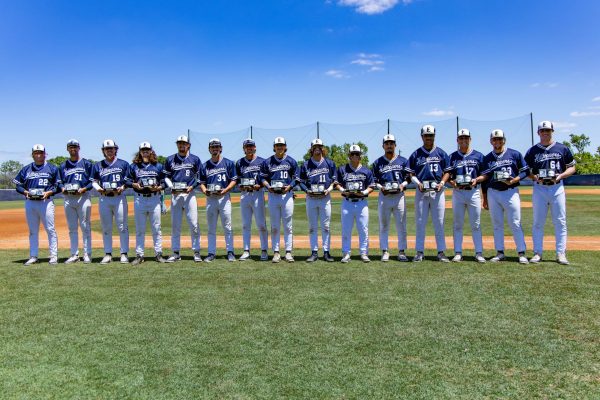
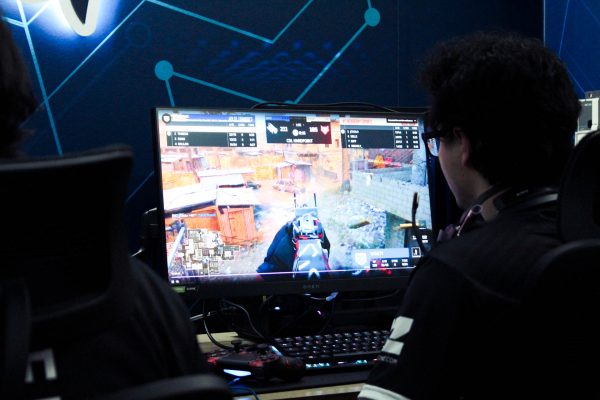
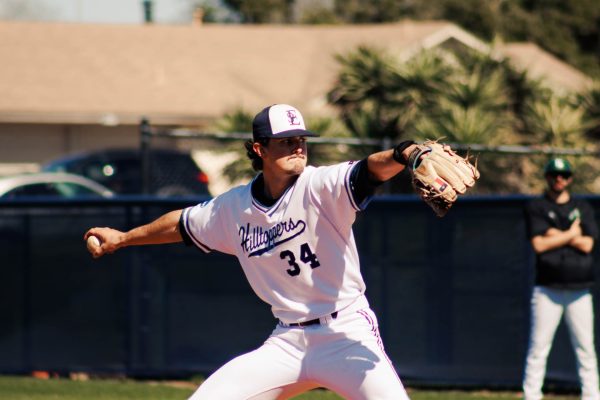
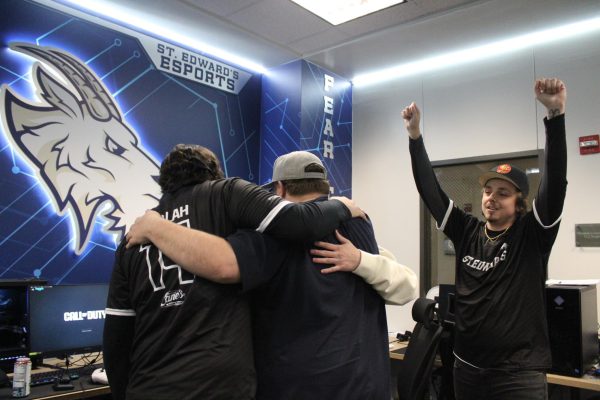
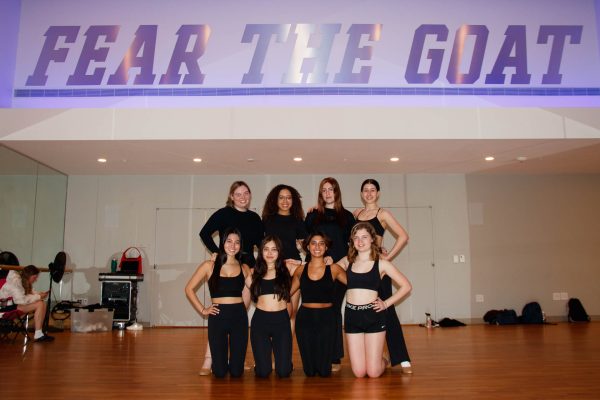
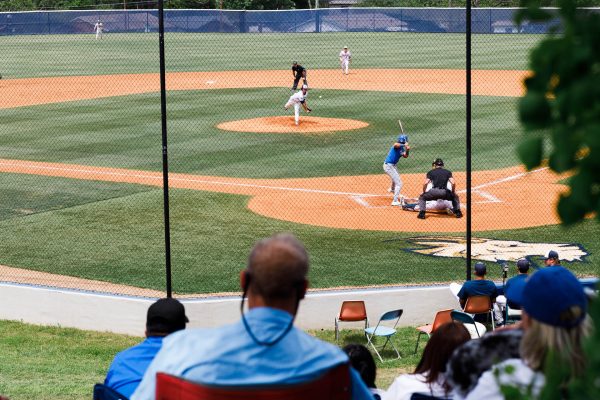
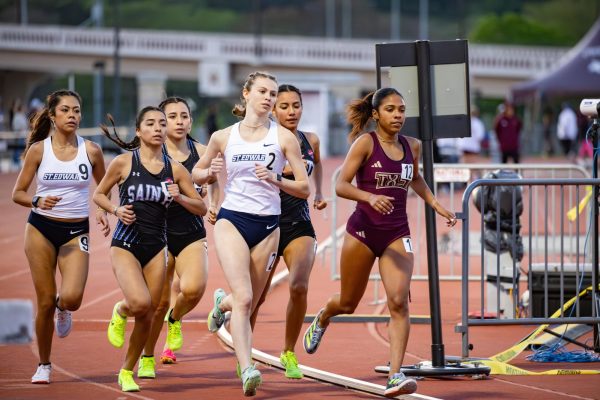
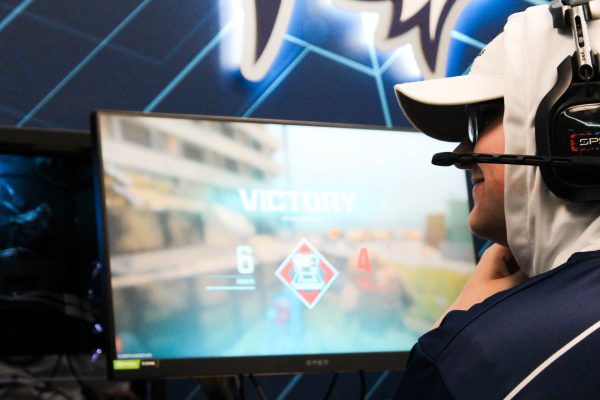
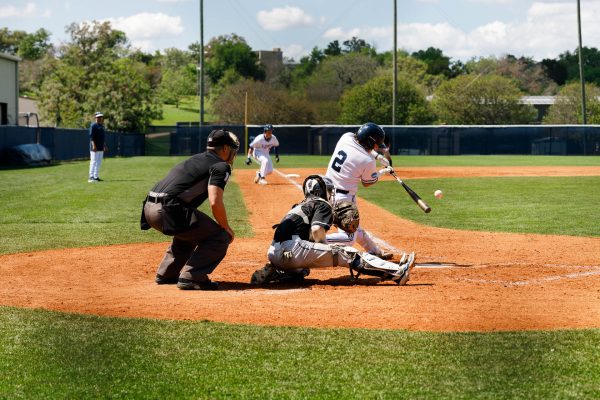
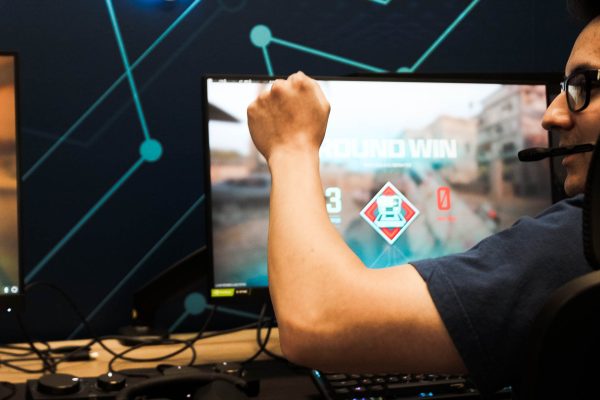
David Willis • Jun 6, 2021 at 8:22 pm
Wow,
I have never seen people click so fast! You are an awesome coach! The Hilltoppers are gonna kick some ass on that fortnite game coming up. UCLA isn’t going to know what hit them!!11